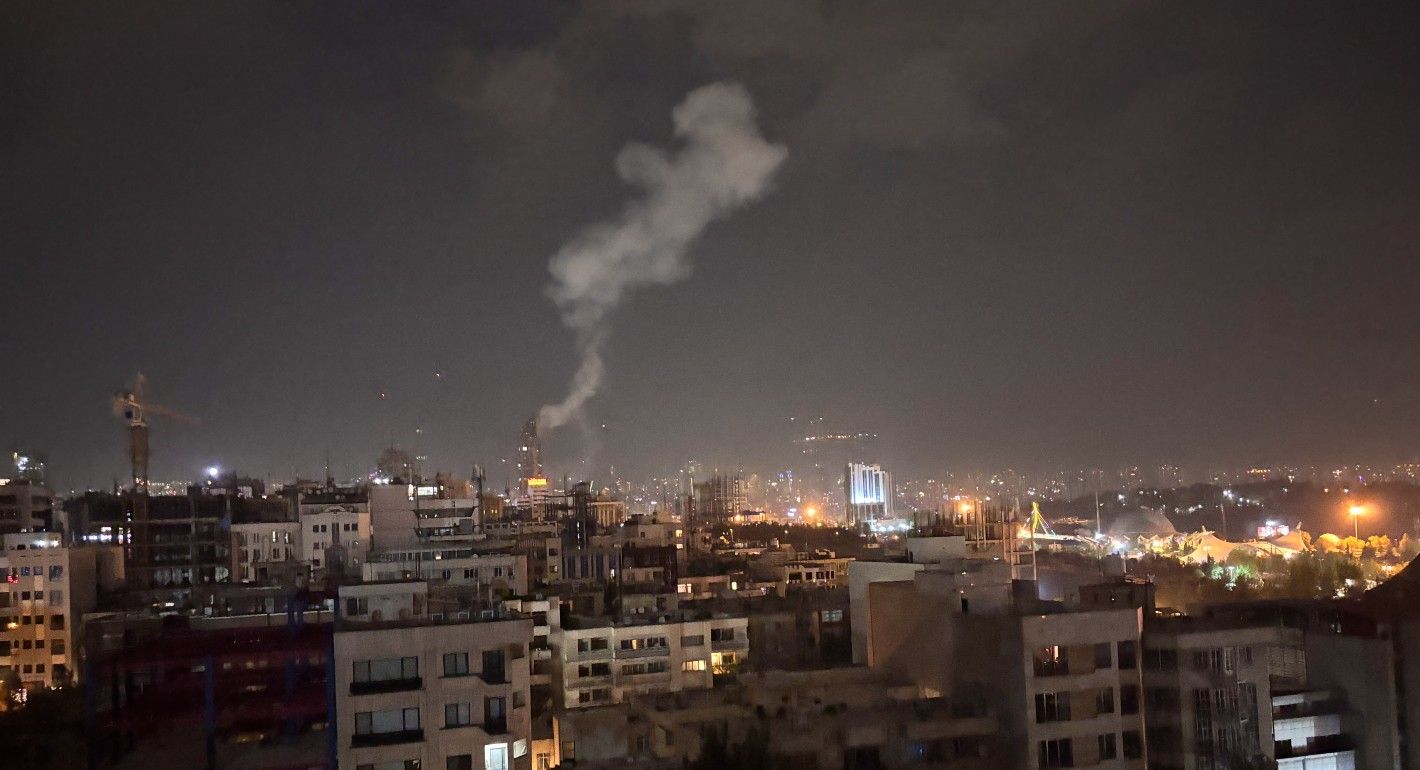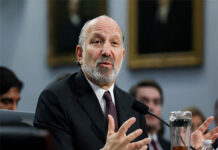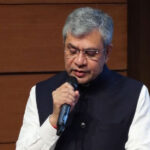As tensions soar in West Asia following a fresh wave of Israeli strikes on Iranian military and nuclear installations and Iran’s counter-attack on Israel, foreign policy experts have voiced deep concern over the growing likelihood of a prolonged regional conflict. The situation is rapidly evolving into the most dangerous standoff in the Middle East since the Second Iraq War.
Dr. Urbi Das, Assistant Professor at Jadavpur University, noted the fragility of U.S. foreign policy in the region. “The United States policy has been inconsistent and unpredictable.
However, in connection to Iran’s recent non-compliance with proliferation norms, President Trump had earlier warned that Iran’s intransigence on this matter may attract severe penalties. He had also asserted that the US was holding Israel back from striking Iran,” she said.
“As West Asia stands on the brink of the largest military conflict since the second Iraq war, President Trump would try his best to de-escalate the conflict. However, as Iran has already threatened retaliation, the prospects of peace appear bleak at the moment,” said Dr. Das.
Dr. Sreshtha Chakraborty, Assistant Professor at Bennett University, said “Trump’s conflicting strategy, urging restraint while strongly backing Israel, has backfired. His failure to prevent Israel’s unilateral military action shows the limits of U.S. leverage and exposes a flawed foreign policy driven more by optics than strategy.”
Dr. Chakraborty further said, “The crisis represents a larger breakdown of the multilateral security system, heightening regional instability and uncertainty on a global scale.”
On India’s delicate position, given its robust ties with both Israel and Iran, she said: “India must respond with strategic autonomy that protects its expanding interests. It must decouple its bilateral ties, engaging Iran for energy security and connectivity while relying on Israel for defence and innovation.” “India’s messaging should reflect its multi-alignment strategy: avoid moralistic stances, support de-escalation, and safeguard its long-term strategic interests.”
“India must avoid headline-grabbing roles and focus on backchannel diplomacy through forums like BRICS, SCO, and the UN,” said Dr. Chakraborty. “External Affairs Minister S. Jaishankar has already ruled out third-party intervention without consent, and rightly so.”
















